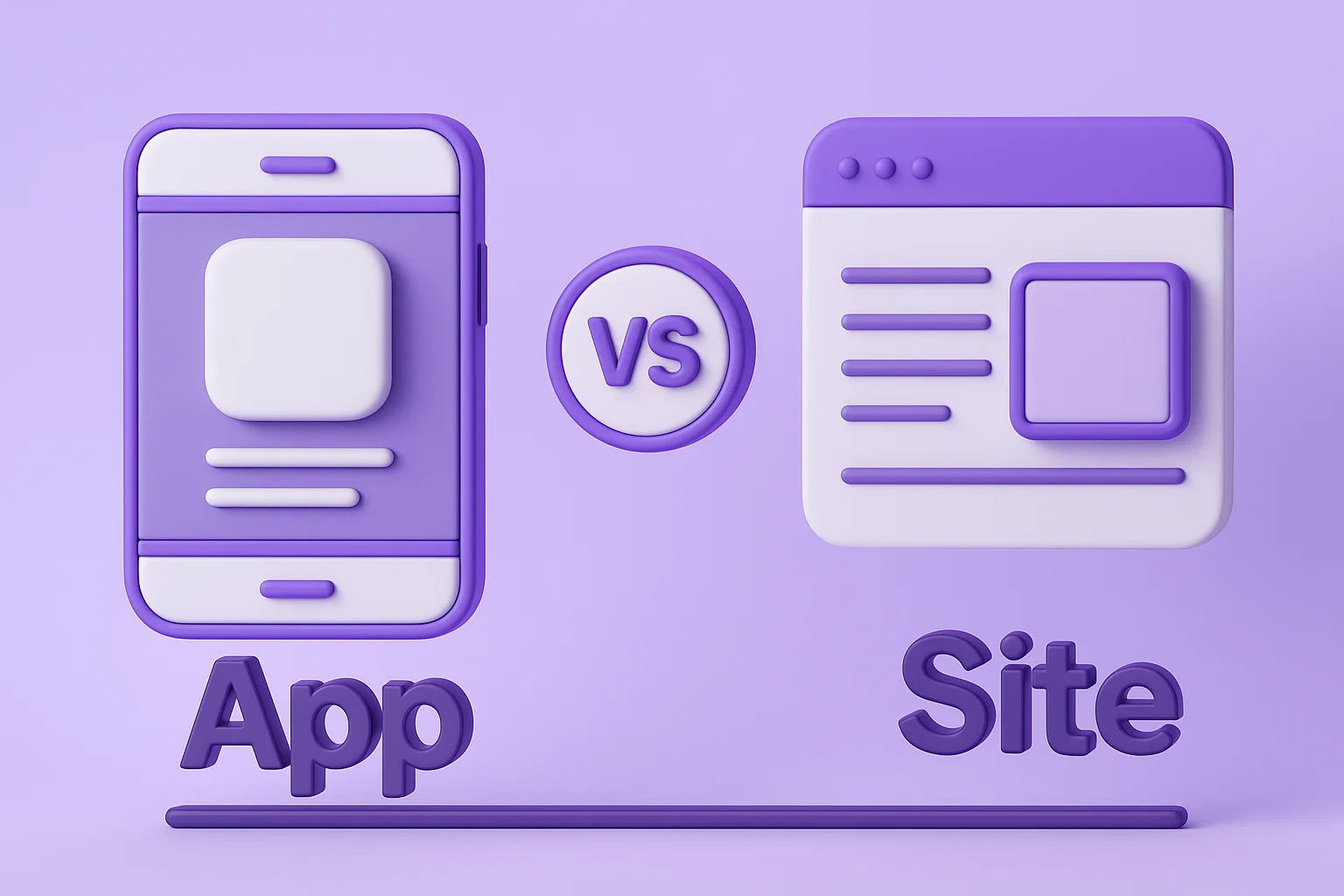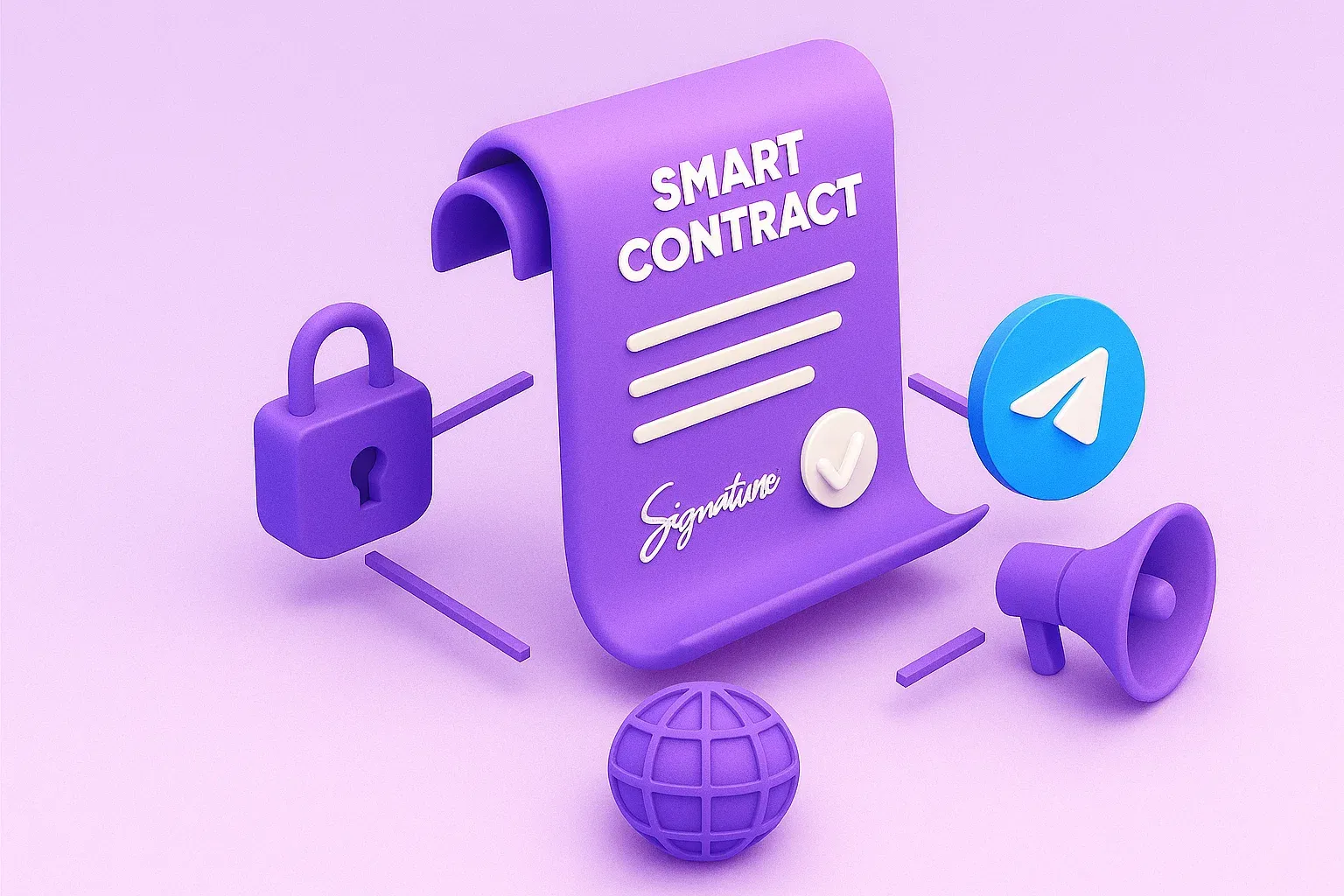Smart Contracts in Telegram Web App
Development and Audit of Smart Contracts in Telegram Web App: DaT Studio Case Study
At DaT Studio, we believe that the security and reliability of smart contracts determine the success of any Web3 product. This is especially true when launching within a messenger environment via Telegram Web App. In this article, we share our experience in creating, testing, and auditing smart contracts through real projects where every step from idea to implementation directly impacts user experience and business outcomes.
Why Smart Contracts Require Special Approach
Blockchain contracts are irreversible: a single logic error can cost a project its credibility or even users' funds. This is particularly critical in interfaces where users interact directly with contracts - like Telegram Web App. That's why our practice emphasizes strict quality control and comprehensive verification at every stage - from code and tests to final audit.
Our Design and Testing Process
Development begins with detailed technical specifications and logic alignment - determining exactly what the contract should do, how it will be called from the Web App, and possible scenarios. We write code in Solidity accompanied by modular tests from the start.
Next comes local debugging and deployment to a public testnet (like Mumbai for Polygon). In the test environment, we verify transaction functionality with real wallets, contract stability when triggered from the interface, and full Telegram integration.
Meanwhile, our frontend team configures the Web App to ensure each user action calls the correct contract function, with results displayed clearly and promptly. This creates products where Web3 complexity is hidden behind simple, intuitive interfaces.
Audit: Final Verification Before Launch
Before production, we conduct external audits - a mandatory step in our process. Contracts, documentation, and user scenarios undergo third-party expert review.
In one NFT platform case, the audit revealed several vulnerabilities - from data validation issues to potential function reentrancy risks. All issues were resolved pre-launch, allowing the client to deploy with confidence in security and hack-resistance.
Telegram Web App Integration
Post-audit, the smart contract deploys to mainnet and connects to the Telegram Web App interface. We register the app via Telegram Bot API, configure its appearance, and users can launch it directly from chats without external sites.
Users click a button, enter the Web App, connect wallets (like MetaMask or WalletConnect), and authenticate seamlessly via Telegram ID and blockchain address - forming the foundation for all actions.
When initiating operations (like token purchases), the Web App calls the smart contract. Wallet confirmations occur in-app with visual cues, progress tracking, and notifications for full transparency.
The key advantage? Everything works within Telegram. Users never leave the messenger or face unnecessary steps, accelerating Web3 adoption through frictionless interaction.
Results and Client Impact
For our NFT platform case, the complete cycle - from contract development through audit to Web App integration - resulted in over 500 successful transactions in the first week with zero technical failures or support requests.
Users spent 42% more time in-app with 30% higher NFT purchase volume in the first month. Clean contract implementation and thoughtful integration drove this growth.
Conclusion
Smart contracts in Telegram Web Apps demand holistic technical, product, and security approaches. At DaT Studio, we've built processes where every stage - from architecture to interface responsiveness - builds user trust and business efficiency.
If you're developing Web3 products in Telegram or blockchain-based solutions — we know how to implement them correctly, securely, and with real value for your audience. Contact us to discuss your project.
Other articles















